The H-1B visa program, designed to bring skilled foreign workers to the U.S., has sparked heated online debates among supporters of President-elect Donald Trump, revealing deep divisions within the conservative base.
Ramaswamy Sparks Controversy
Trump’s appointee for government spending reform, Vivek Ramaswamy, ignited the clash by attributing U.S. companies’ reliance on H-1B visas to “American culture venerating mediocrity.” In a post on X (formerly Twitter), Ramaswamy argued that skilled foreign workers enhance the U.S. economy.
The comment drew sharp criticism from Trump loyalists, forcing Ramaswamy to clarify that he believes the “H-1B system is broken and should be replaced.”
Diverging Opinions on H-1B Visas
Elon Musk, Trump’s pick for the proposed “Department of Government Efficiency,” defended the program, likening skilled foreign workers to elite athletes contributing to America’s success. Musk, however, faced backlash for allegedly hiring H-1B visa holders at his companies to suppress wages for U.S. workers.
Nikki Haley, Trump’s former U.N. ambassador, rebuked both Ramaswamy and Musk, stating, “We should be investing and prioritizing Americans, not foreign workers.” Haley’s criticism gained traction among anti-immigration factions.
Far-Right Backlash and Racist Rhetoric
Far-right influencers like Laura Loomer escalated the debate by targeting Indian-born appointees, including Sriram Krishnan, Trump’s senior advisor on artificial intelligence. Loomer labeled Indian immigrants as “invaders” and accused Musk of censoring dissent on his platform.
Trump’s Position and Previous Actions
Though Trump criticized the H-1B program during his first term and tightened its eligibility, he now faces scrutiny for appointing figures like Musk and Ramaswamy, who are perceived as pro-H-1B.
Addressing concerns at AmericaFest in Arizona, Trump denied claims of undue influence by Musk or any other billionaire. “He’s not gonna be president,” Trump joked, quashing rumors about Musk’s political ambitions.
Key Statistics on H-1B Visas
The U.S. issues 65,000 H-1B visas annually, with an additional 20,000 for advanced degree holders. According to Boundless, 73% of these visas go to Indian nationals, followed by 12% for Chinese citizens.

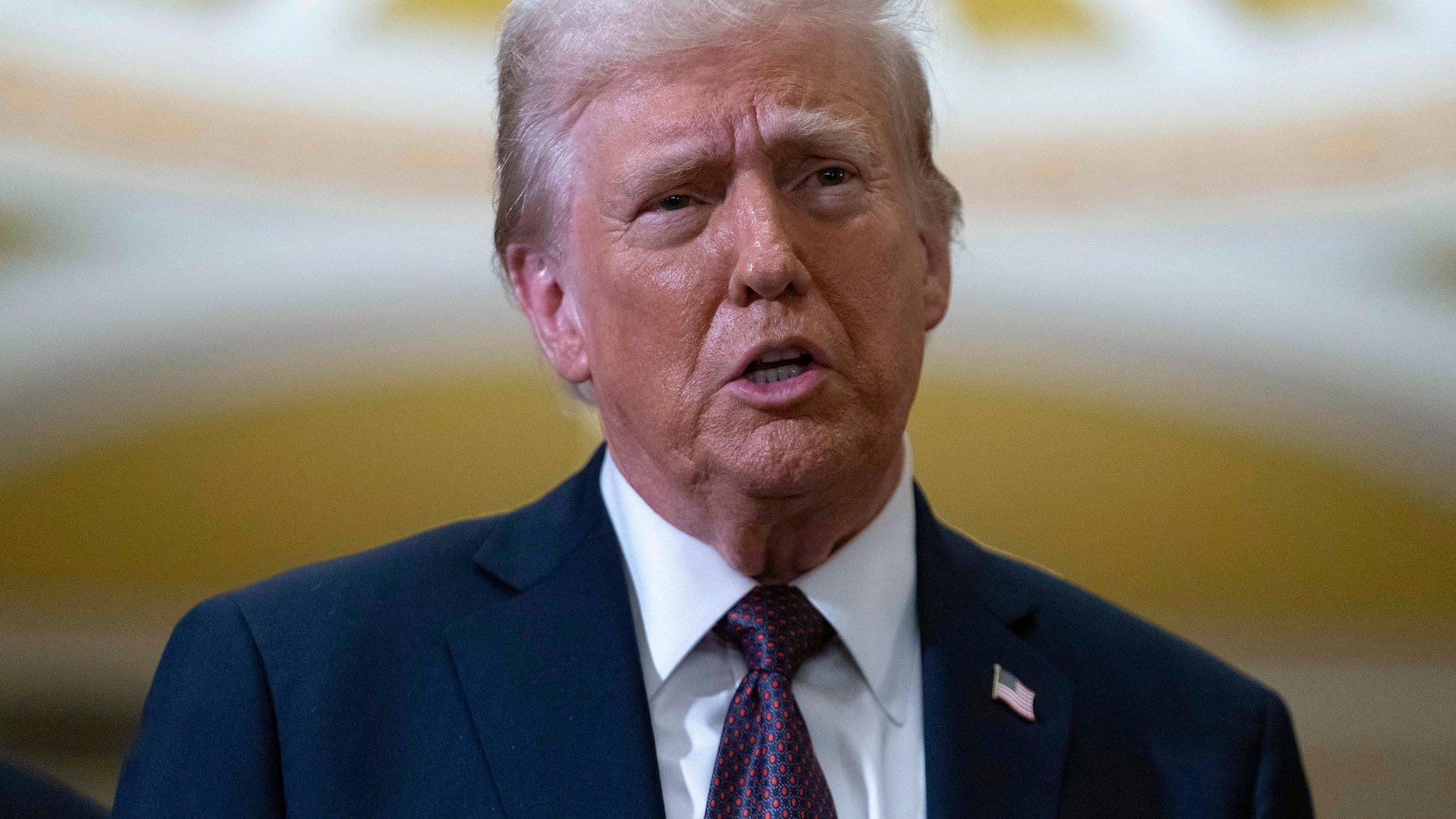
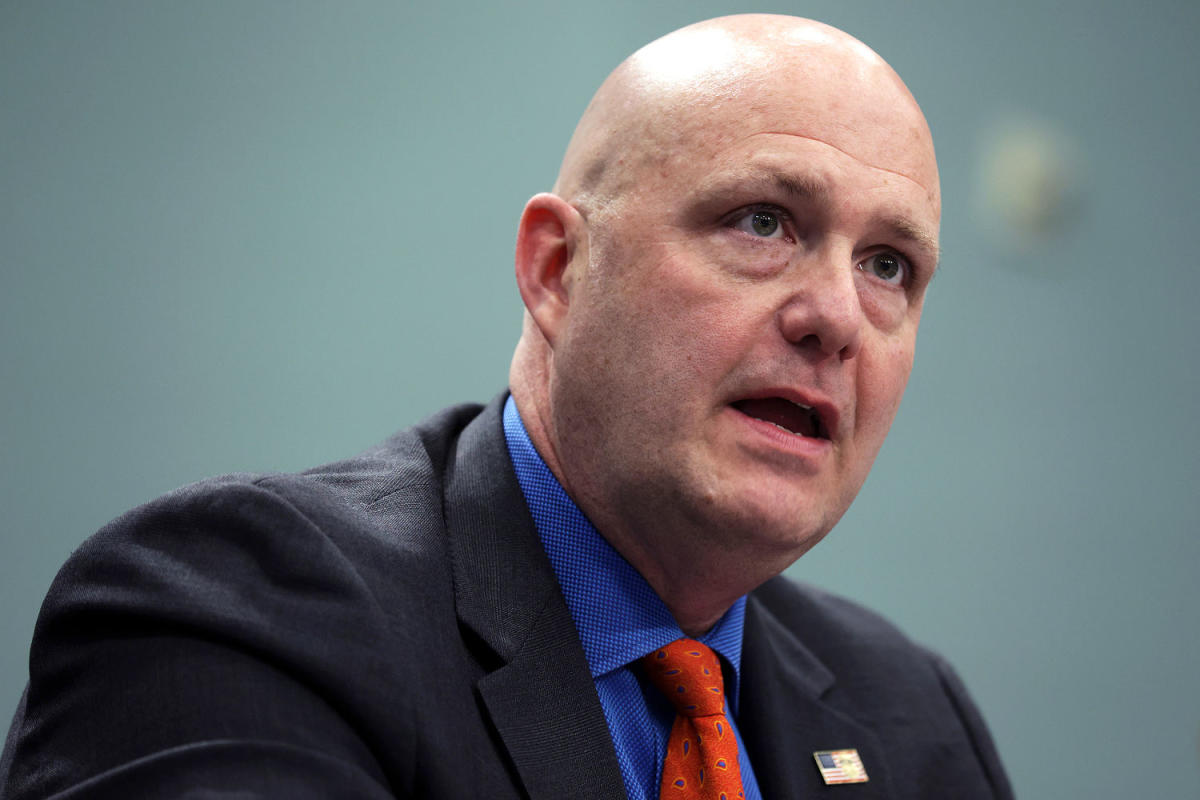
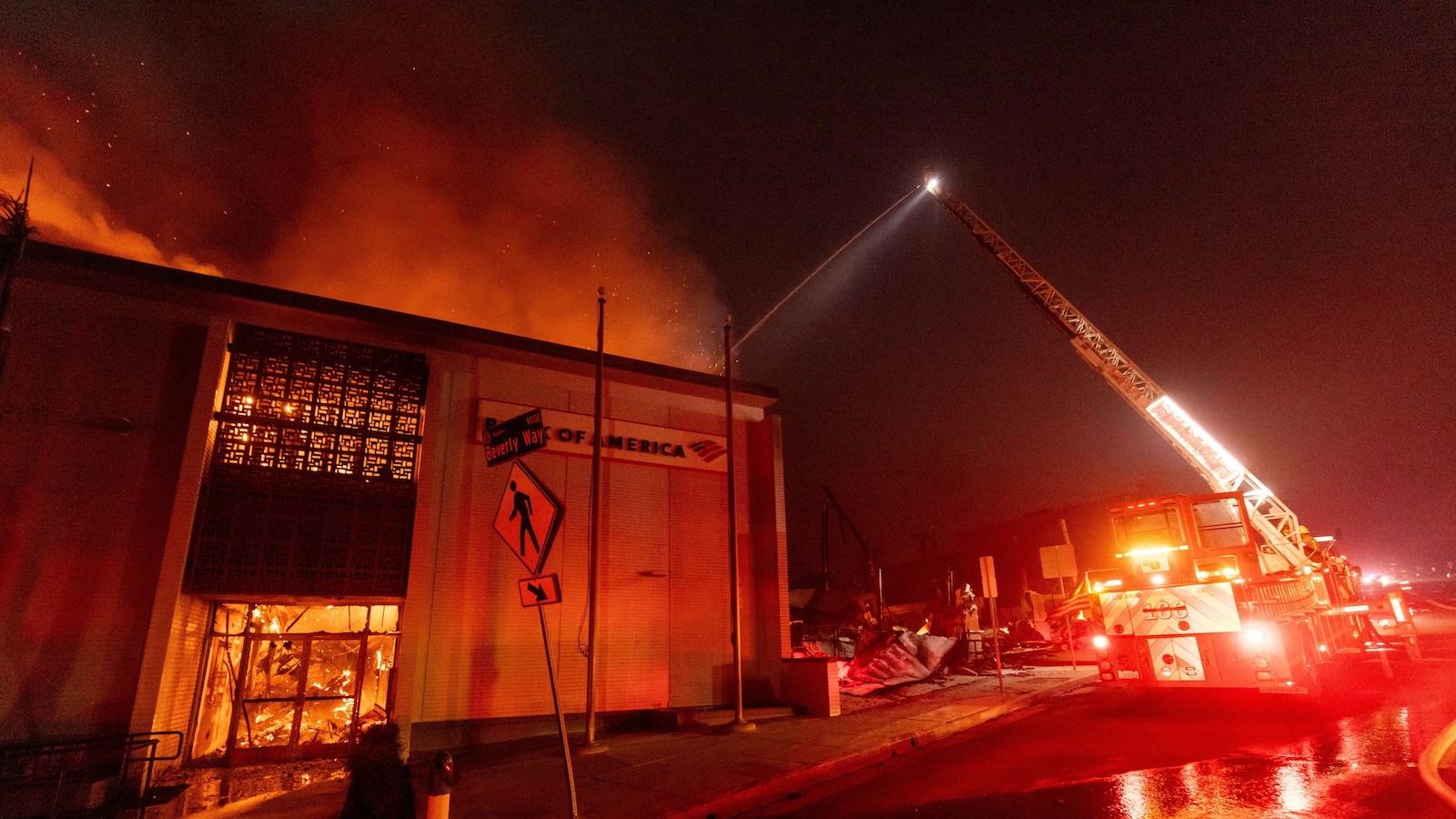
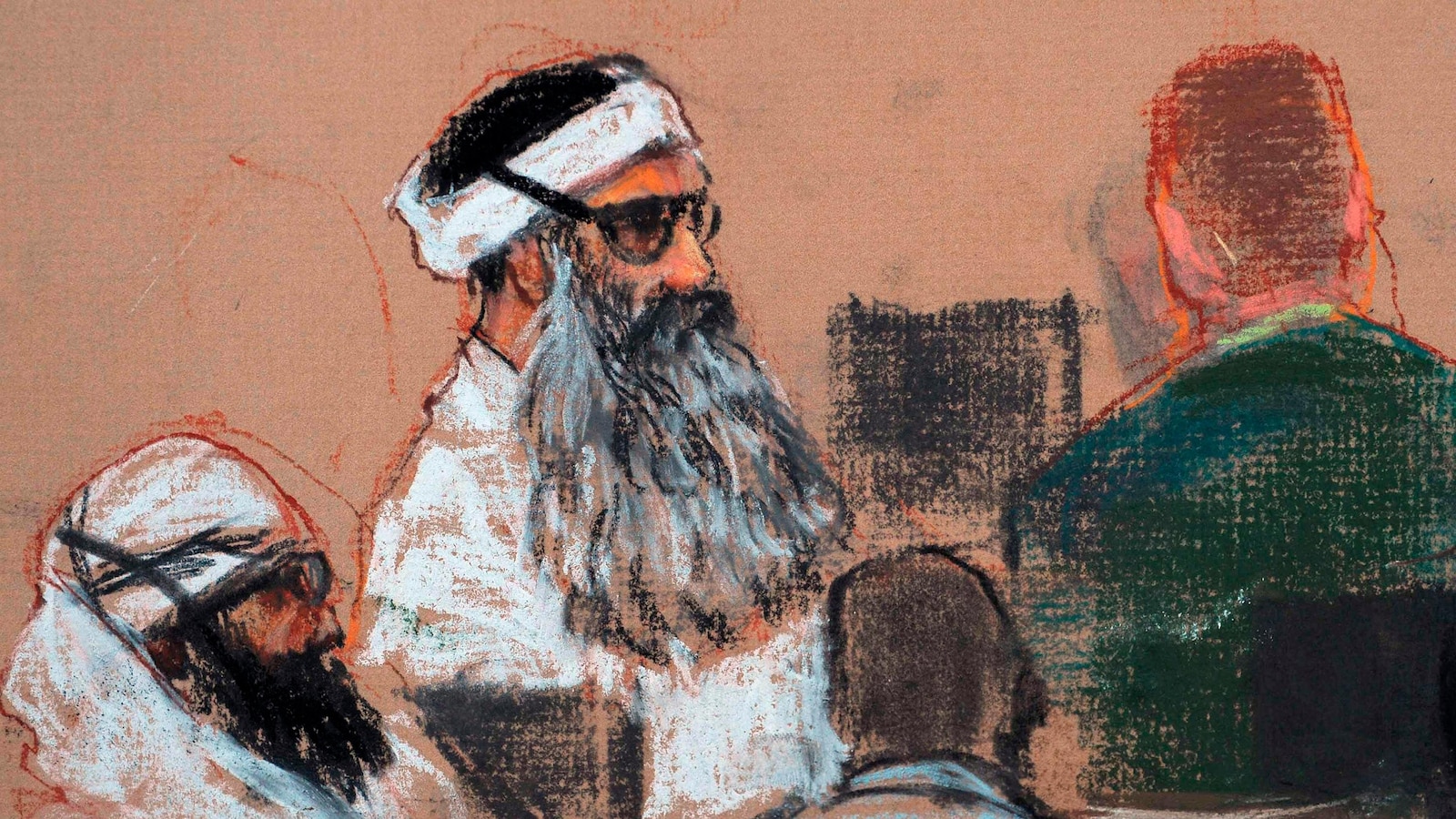
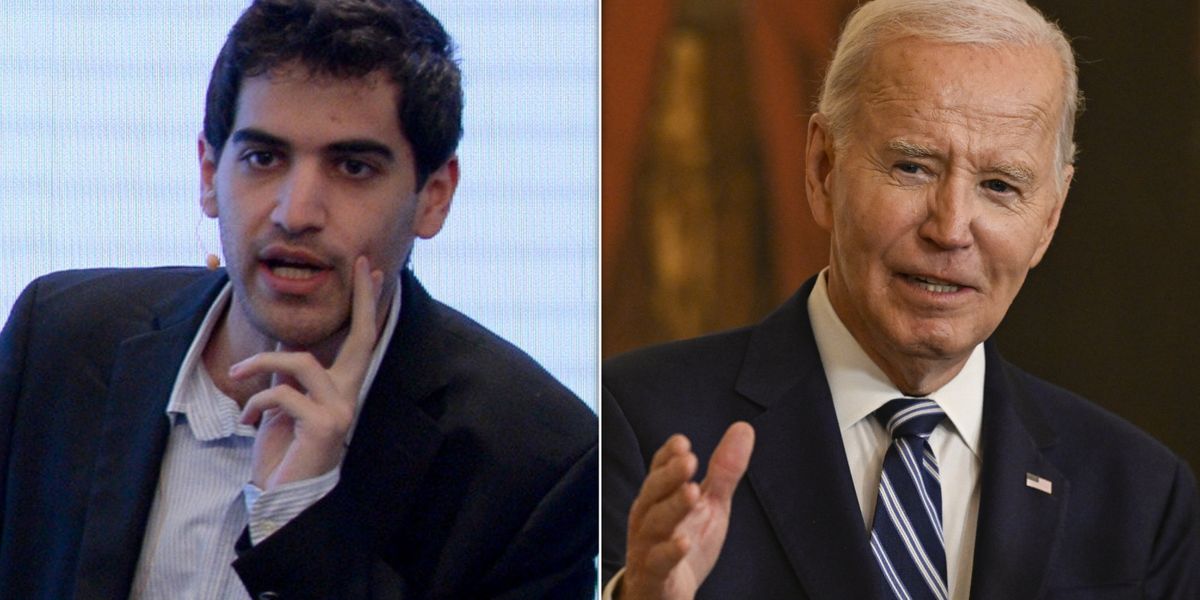

Leave a Reply